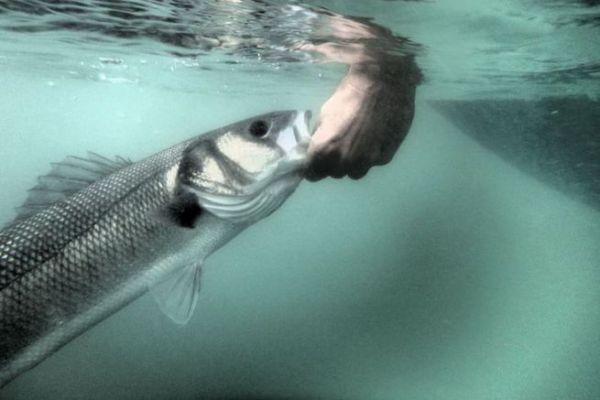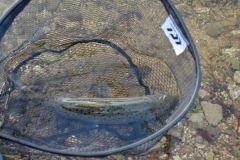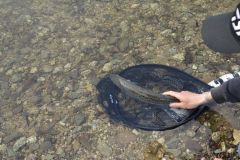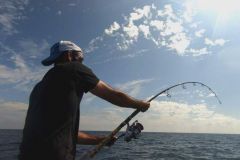With the advent of modern fishing techniques, environmental pollution, awareness of the poverty of some of our fishing grounds and simply because fishing has become more of a leisure activity than a source of food, no-kill is now a widespread practice among anglers.
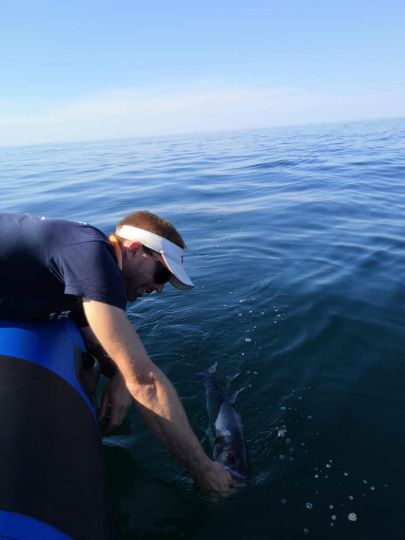
Preserving livestock
In order to get the maximum enjoyment from the water's edge, it's essential - even if it's not a sine qua non - to make a few catches. Because the environment has been considerably depleted by unreasonable harvesting and pollution, there is a growing awareness of the need for responsible, ethical fishing.
Without going back over the correct gestures to make to practice catch and release correctly, this practice has undeniable beneficial effects on our activity:
- The number of fish in our lakes and rivers today is much higher than in previous years.
- The quality of the catch is also superior. In fact, by releasing the fish and especially the larger specimens, we preserve the best breeders. Those with the genetic make-up to ensure the highest survival, reproduction and growth, but also those producing the greatest quantity of eggs.
- Awareness of the importance of maintaining the environment, installing spawning grounds and fighting against those responsible for polluting our rivers.
- As a result, the involvement of a new wave of anglers in the associative sector.
- Developing the fishing economy.
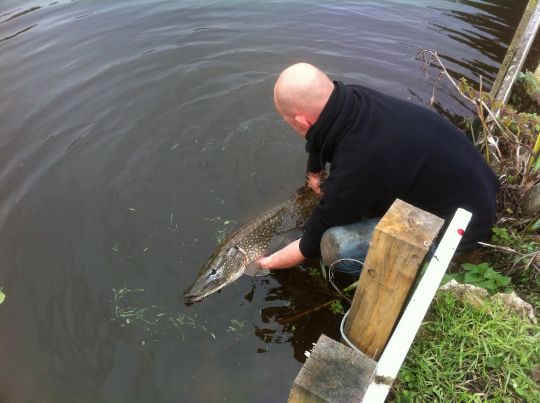
Sectarianism and extremism
However, the picture is not as rosy as it seems, and while a good number of anglers practice no-kill and consider it to be a responsible way of preserving our hobby, there are also some intransigent no-killers who do not hesitate to castigate any angler who keeps a fish, sometimes accompanied by unacceptable words or gestures. This extremist behavior leads to sectarianism and division among us passionate anglers.
While it's clear that over-fishing is intolerable and even illegal, we mustn't forget that enjoying a fish with friends is also an extension of the pleasure we've enjoyed by the water, and sometimes the only opportunity for some to taste the sought-after, and sometimes very expensive, dishes on the fishmonger's shelves.
We need to temper our convictions and work towards responsible, ethical fishing that respects our prey, but we mustn't forget that reasoned harvesting is just as acceptable.
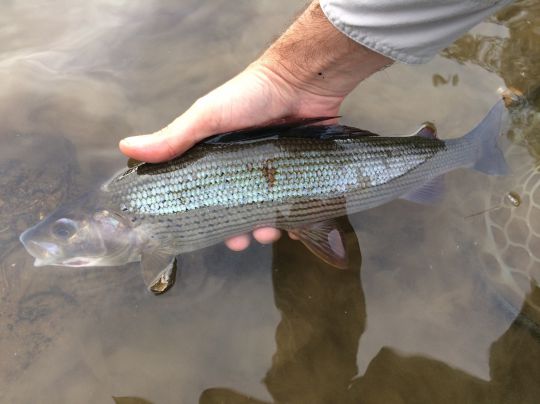
Antispeciesists
For some, such as anti-speciesists, catching and releasing a fish is tantamount to treating it as a toy, turning the fisherman into a torturer. If this were merely a moral condemnation, we could ignore it. But anti-speciesists are now campaigning for a ban on fishing in places where fish consumption is prohibited, thereby endangering our hobby. In Switzerland, for example, they have passed a law banning no-kill fishing, and thus the practice of an activity they consider barbaric...
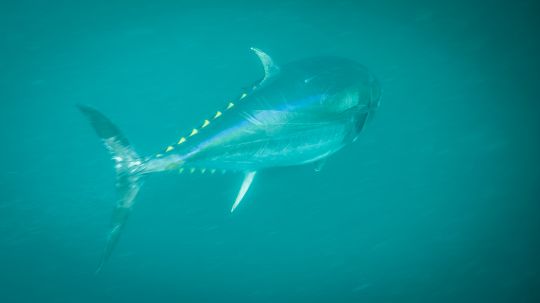
Gangsta fishing
Today, under the guise of no-kill fishing, a particular practice has become widespread: gangsta fishing, which consists of fishing in unauthorized areas, during closed seasons and sometimes at night.
If the main argument is that since we're releasing our catch, why limit ourselves in our practices, we mustn't forget that we must remain within the limits of legality and, once again, ethics. Fish need areas and periods of tranquillity in which to reproduce in peace and quiet, so that our pleasure can continue. Disturbing them on their spawning grounds can cause them to desert the area and move on to less suitable areas.
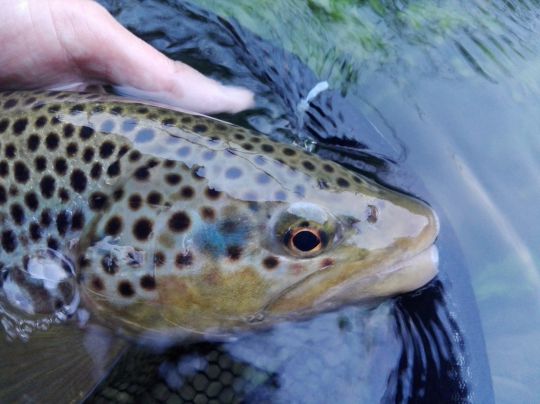
Learning
The final effect of catch-and-release fishing is that it tends to increase the learning capacity of fish, making them more wary. Caught and re-caught, they become much harder to catch. While this makes fishing interesting, strategic and technical in a way, it also makes it more difficult, sometimes considerably reducing fish activity and modifying their feeding and holding habits.

